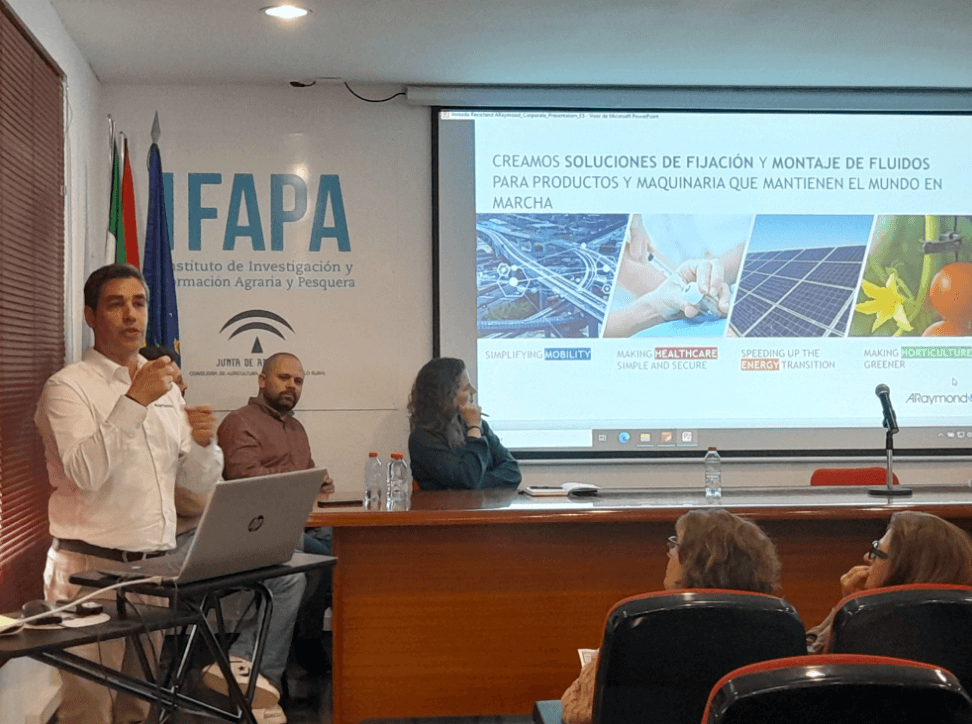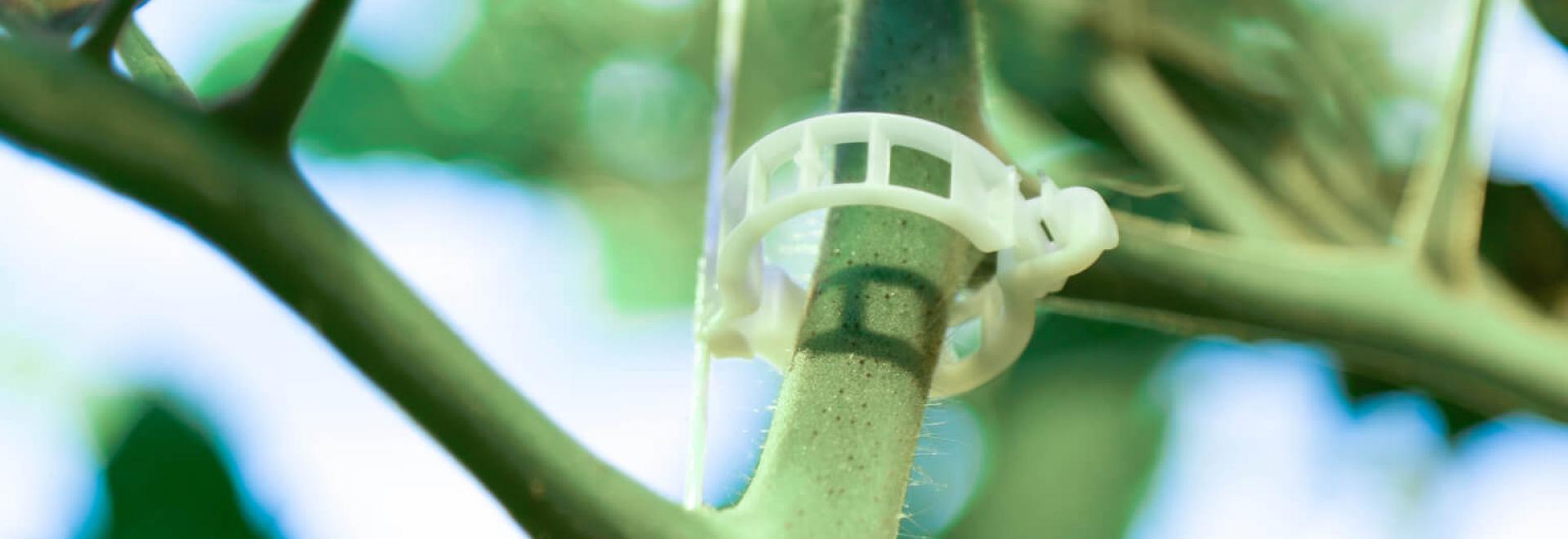In recent years, the need for more sustainable agriculture has shifted from a goal to an urgent priority. One of the key challenges lies in a discreet yet crucial element: trellising twine. This essential component of intensive greenhouse farming can make the difference between sustainable and unsustainable practices, particularly when it comes to composting.
The problem with plastic twine: A barrier to sustainability
Industrial composting centers like SACH Las Chozas have raised serious concerns about the complications caused by plastic raffia in organic recovery processes. Mixing plant waste with non-compostable materials can slow down operations by up to 20 times and result in waste that is extremely difficult to recycle.
In response, SACH has announced that starting September 1, 2025, it will no longer accept plant waste containing plastic raffia. This decision marks a significant shift for the sector—economically and environmentally. Replacing plastic twine in time can lead to substantial savings, which can even be calculated in advance using tools like the trellising efficiency calculator developed by SACH. (https://calculadora.gruposach.es/)
New solutions: biodegradable, efficient, and competitive
During the recent Recicland project events, experts across the agricultural value chain shared environmentally friendly solutions that are already tested and available on the market. Among the most prominent: biocompostable twines and clips.
ARaymond introduced its range of BIOcompostable clips as a practical solution to this challenge. Designed for maximum ergonomics, quick installation, and plant protection, these products meet the demands of modern farming. They are also TÜV AUSTRIA CERTIFIED to comply with the European EN 13432 standard on compostability.

From theory to action: the change is already underway
After years of leading the way in developing innovative and sustainable fastening solutions, we at ARaymond are proud to see many farms taking the step toward more sustainable practices. Thanks to partnerships like those driven by IFAPA and SACH, the sector is making real progress toward a meaningful transition.
The first growers to adopt our biocompostable solutions have not only reduced their environmental impact, they’ve also simplified the post-harvest management of plant waste.
Ready to make the switch?
Discover our full range of biocompostable trellising solutions.
